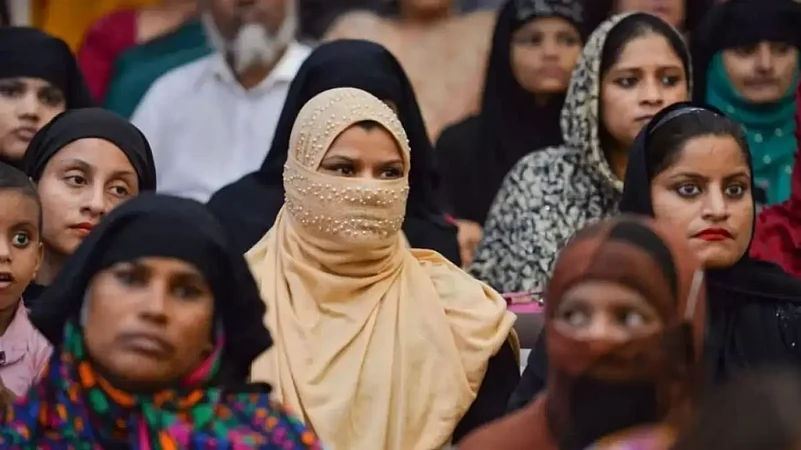The Monsoon Session of Parliament opened to a spate of questions regarding the Uniform Civil Code. The UCC is a common set of laws on marriage, divorce and inheritance that would be applicable to all Indian citizens irrespective of religion, tribe or other local customs.
Although the Bill did not find a mention in the list of 31 Bills to be taken for discussion by the Parliament, several MPs including Saugata Roy, Ravneet Singh Bittu, Arvind Singh Bittu and Asaduddin Owaisi among others, asked if the Government has analysed the likely effect of the implementation of UCC on other laws and if so, the details thereof and the steps proposed to be taken by the Government to address such situations, according to a report by LiveLaw. The questions will be answered tomorrow in writing by Lok Sabha.
Questions on Uniform Civil Code
With respect to the 21st Law Commission Report in 2018 on the UCC, MPs asked whether Law Commission in its report said that UCC was neither necessary nor desirable at this stage; If so, the rationale behind this stand despite wide opposition from different quarters on this issue and what are the steps taken by the Government to ensure that the religious rights of the citizen are protected as enshrined in Constitution?
In the paper, the 21st Law Commission, headed by former Supreme Court judge Balbir Singh Chauhan, held that the “formulation of a Uniform Civil Code is neither necessary nor desirable at this stage”.
The Commission had commented, “Mere existence of difference does not imply discrimination, but is indicative of a robust democracy”. It had noted that most countries are moving towards the recognition of difference in place of legal provisions that are founded on uniformity between culturally diverse people — these are unfair to the weaker and vulnerable sections.
With regards to the effect of UCC on other laws, the MPs asked whether various religious groups have been taken into confidence regarding its implementation, if so, the details thereof and if not, the reasons thereof; Whether the adoption of cultures, beliefs, and traditions of tribal communities is a challenging factor for UCC and may cause difficulties in its implementation; Whether the UCC is likely to be a single code for everyone like CrPC and IPC and if so, the details thereof?
The MPs also asked whether the Government proposes to constitute a commission to study the grievances/objections raised by different minority communities on the issue of UCC and if so, the details thereof.
The UCC is among the three main ideological planks of the Bharatiya Janata Party (BJP). Much of the Opposition has, however, opposed UCC and has termed it a political tool of the BJP. Minority organisations have also alleged UCC to be an interferance in their religious affairs. Critics have also highlighted that India is a very diverse country and have questioned the sense of making one set of laws for all.


























